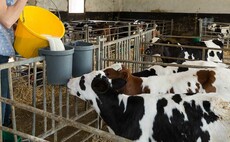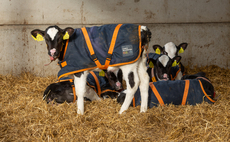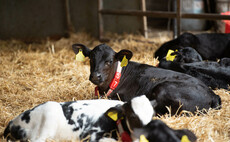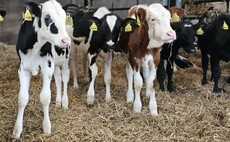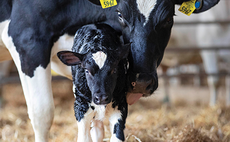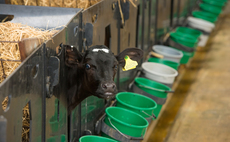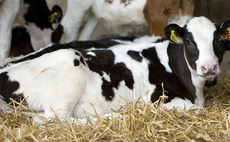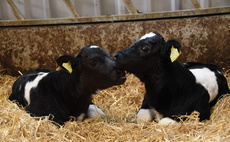Calf Health
Careers
24-year-old Exeter young farmer Elle Slade said it made sense to go into calf rearing due to the low acreage requirement. She said her new venture was her way of bringing something back to the family farm
Dairy
A common issue affecting pre-weaned dairy calves, rumen drinking can have significant impacts on calf performance and in severe cases can result in death
Dairy
New research from the Royal Veterinary College has revealed that nearly a third of calves in the UK experience bovine respiratory disease and subclinical pneumonia
Dairy
Ultrasound lung scanning can be a quick and effective diagnostic tool for monitoring calf respiratory disease and pointing to treatment options
Dairy
What zero treatment and zero calf losses looks like on-farm on a day-to-day basis was discussed by Dr Jodi Wallace from Ormstown Veterinary Hospital in Quebec, Canada at the Total Dairy Conference held in Stratford-upon-Avon recently
Livestock
Calf rearers should look at all areas of calf management and disease prevention, to help control problems with cryptosporidiosis in calf sheds
Farm Life
Seymour Stevens Limited is a mixed beef and arable farm in Faversham, Kent
Dairy
Knowing what ingredients should be present within a milk powder is key to assessing its quality as the quantity and origin of ingredients can impact calf performance
Virbac DB
Trace minerals are integral to immune function, whether that be enabling an effective response to natural disease challenges or to vaccination. Deficiencies in trace minerals can limit the immune system’s ability to respond to vaccination.
Livestock
As part of GB calf week farmers were invited to a webinar to hear how simple management changes on a dairy farm helped cut calf mortality

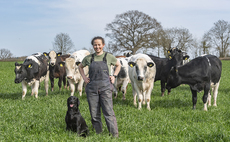
 13 April 2025
•
6 min read
13 April 2025
•
6 min read
